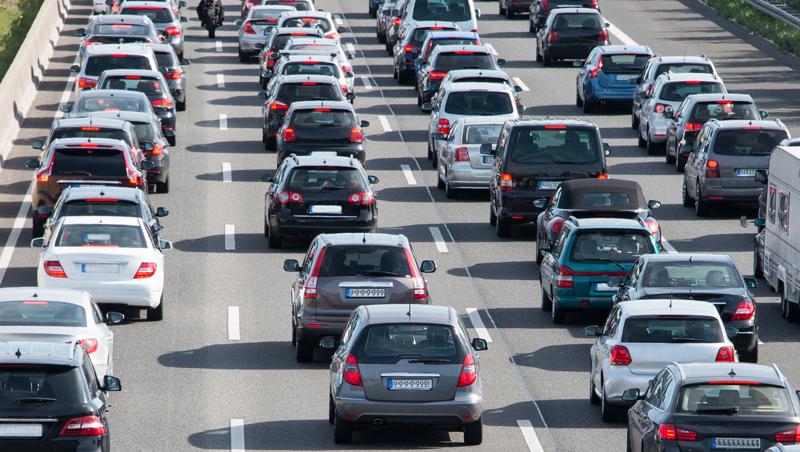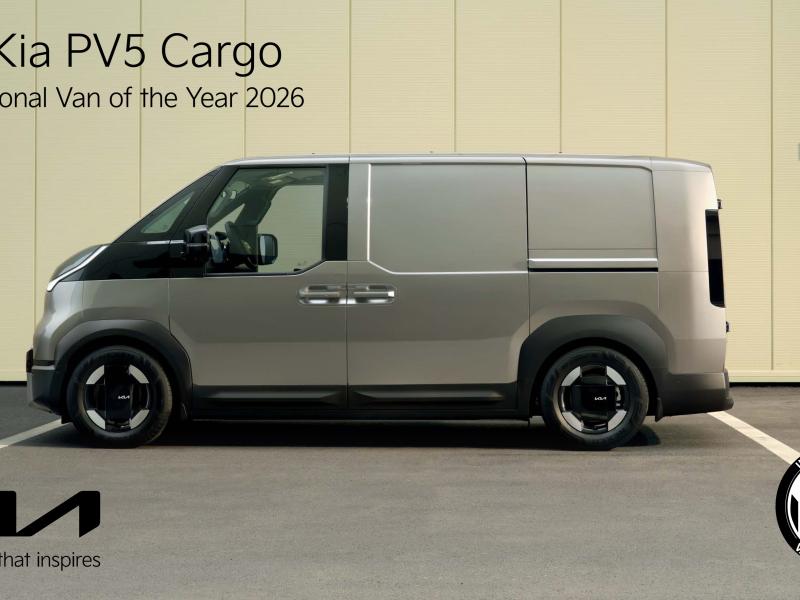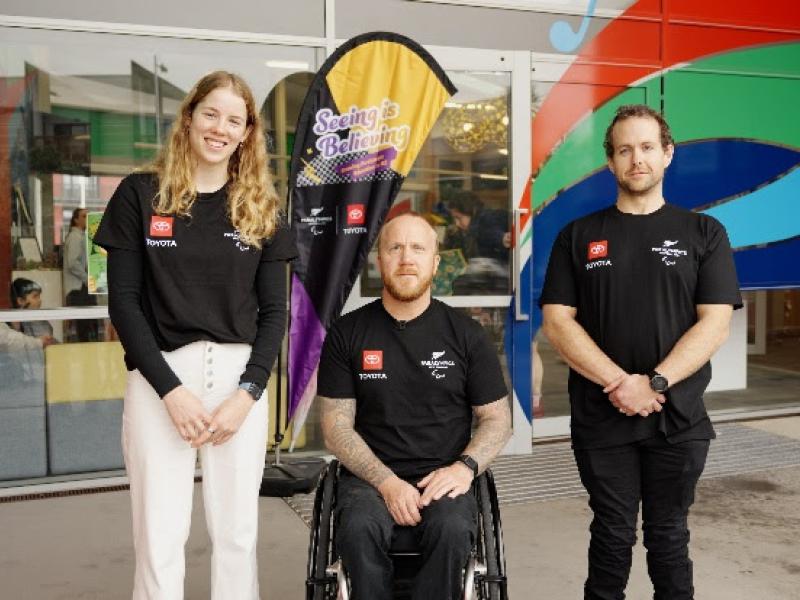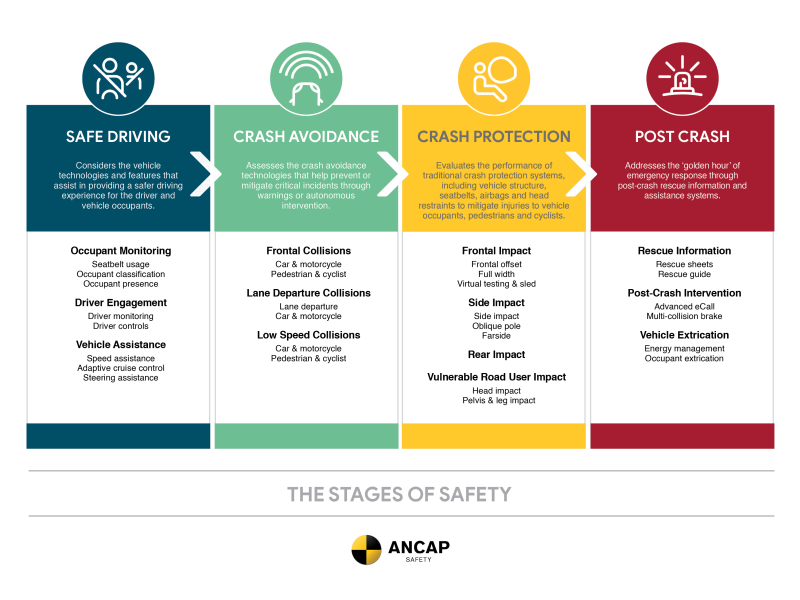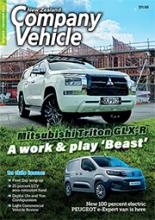Last year we lamented that the new vehicle market had narrowly missed breaching the magic 150,000 annual sales figure (146,753), which was still an all-time record, this year the market blew away the 150,000 barrier and barely missed storing through 160,000 finishing the year on 159,871 units. The growth is driven by a mix of consumer and business confidence plus strong growth in tourism driving large numbers of rental vehicle purchases to cope with demand.
Again, following recent trends, the place of conventional car categories in the top charts has been further diminished by the seemingly unstoppable twin attacks by SUV’s and utilities. Of the top five segments only small cars made the grade in third position (12 percent) and this is potentially under threat this year. Top segment was medium SUV’s (17 percent) followed by 4x4 utilities (14 percent) with Large SUV’s and Compact SUV’s each on 11 percent rounding out the top five segments. It’s not much better in the top model charts with only one passenger cars in the top 10, which is Corolla, sitting at third place beaten by both Ford Ranger and Toyota Hilux – in fact five of the top ten models are utilities plus one van the Toyota Hiace even makes number 10 showing the strength of the commercial market with three SUV’s also making it (Toyota RAV4, Kia Sportage and Mazda CX-5).
Toyota still strongly leads all markets (Passenger (19 percent), Commercial (22 percent) and Overall (20 percent), Mazda is second in the Passenger segment with nine percent, Ford comes close second in commercials at 20 percent and is also second overall with 11 percent.
For the manufacturer race (Overall market) the Top 15 were:
1 Toyota 32282 20 percent
2 Ford 16827 11 percent
3 Holden 14411 9 percent
4 Mazda 12135 8 percent
5 Mitsubishi 11456 7 percent
6 Hyundai 7892 5 percent
7 Nissan 7842 5 percent
8 Suzuki 6983 4 percent
9 Kia 6485 4 percent
10 Volkswagen 5576 3 percent
11 Honda 4616 3 percent
12 Mercedes-Benz 3680 2 percent
13 Subaru 3340 2 percent
14 Isuzu 2774 2 percent
15 Audi 2060 1 percent
The only order changes from 2016 being Nissan sliding below Hyundai loosing 6th spot although both dropped from six percent to five percent share and Ssangyong dropping off to be replaced by Audi in 15th although this was likely due to run-out on Rexton with the all new G4 arriving right at year end. Toyota gained two percent share and Holden lost one percent.
In the passenger car segment a few more cars get a look in between the SUV onslaught (four to be precise) with the top 15 models being:
1 Toyota Corolla 7797 7 percent
2 Toyota RAV4 4629 4 percent
3 Kia Sportage 3555 3 percent
4 Mazda CX-5 3236 3 percent
5 Mitsubishi Outlander 2842 3 percent
6 Toyota Highlander 2725 3 percent
7 Mitsubishi ASX 2439 2 percent
8 Suzuki Swift 2418 2 percent
9 Hyundai Tucson 2237 2 percent
10 Holden Captiva 2174 2 percent
11 Holden Commodore 2164 2 percent
12 Toyota Yaris 2055 2 percent
13 Nissan Qashqai 2019 2 percent
14 Mazda Mazda3 1926 2 percent
15 Volkswagen Tiguan 1891 2 percent
Much more change in the order from 2017, whilst the top four are the same and Tucson slips from 5th to 9th the rest of the list reflects the SUV growth and cars decline the same, with Swift dropping from 6th to 8th, Mazda 3 7th to 14th and Commodore 8th to 11th. Meanwhile Outlander jumps from 13th to 5th. Highlander 14th to 6th and ASX from outside the top 15 to 7th. Both Santa Fe and X-Trail drop out whilst Tiguan gains the final 15th spot. Given the trends we wouldn’t be surprised if Toyota Corolla is the only car remaining in the Top 15 at the end of this year with the rest all being SUV’s.
In the commercial sector Ranger remains supreme winning the sales race with the same regularity it seems to win awards and dominating the sector in the manner that Hilux once ruled it. The top 15 commercial models were:
1 Ford Ranger 9420 18 percent
2 Toyota Hilux 8106 16 percent
3 Holden Colorado 4489 9 percent
4 Mitsubishi Triton 4070 8 percent
5 Nissan Navara 3055 6 percent
6 Toyota Hiace 2961 6 percent
7 Isuzu D-MAX 2506 5 percent
8 Mazda BT-50 2218 4 percent
9 Fiat Ducato 1065 2 percent
10 Ford Transit 9302 percent
11 Volkswagen Amarok 899 2 percent
12 Mercedes-Benz Sprinter 883 2 percent
13 Hyundai iLoad 865 2 percent
14 LDV V80 676 1 percent
15 Foton Tunland 608 1 percent
Whilst utilities have been rampant vans still hold six of the top 15 spots, only the Ssangyong Actyon ute has dropped out replaced by the Foton Tunland coming in at number 15, the gap between Ranger and Hilux has narrowed considerably from around 2300 last year to 1300 this year (Ranger is down one percent although up in units whilst Hilux is up two percent), Colorado and Triton have also gained one percent share each to nine percent and eight percent respectively.
Following from here is our annual Fleet Buyers Guide.
As with previous years we have had to place some limits on what we can include so no overtly sporty cars (two doors and convertibles) and we cut off at our Executive car price point of $75,000. We have split the SUV listings into three sections (Small, Medium and Large) to recognise the rise of the sectors importance and number of models and dropped the light truck section whilst combining the cab Chassis van variants into the van section. We have also added an EV section for EV and PHEV models to reflect the growing interest in this area and the likely model proliferation this year.
Whilst we endeavour to make sure prices are up to date (List Prices), please check with your local dealer before making any final decisions.


